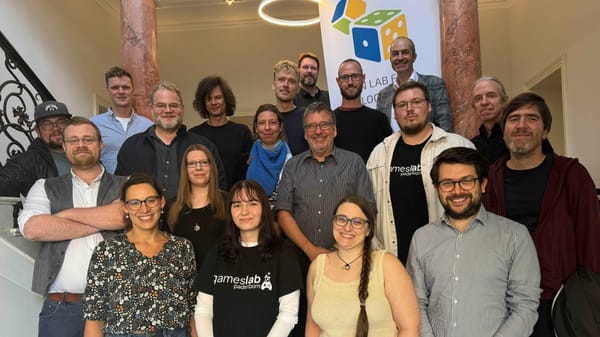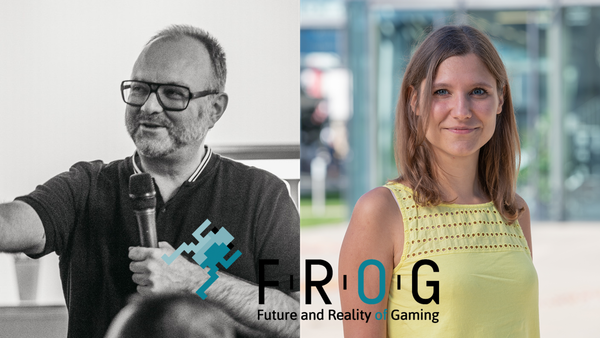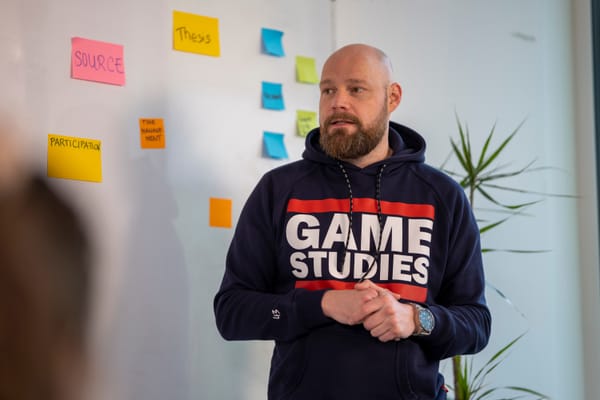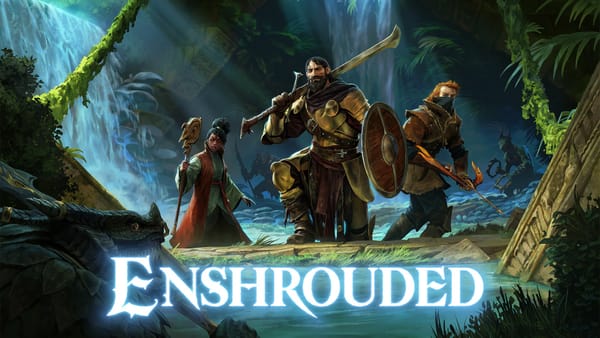Game Labs at Universities Network Publishes Demands Paper




With the aim of anchoring digital games sustainably in research, teaching and studies, the Game Labs an Hochschulen (Game Labs at Universities) network has drawn up and published a position paper. It deals with costs, legal uncertainties, licensing conditions and organisational hurdles.
The Game Labs network at universities has addressed the public with a position paper. It contains concrete demands for politicians, universities and the games industry to strengthen research and teaching with digital games. The focus is on improving the financial, structural and legal framework conditions for game labs in order to utilise digital games in scientific contexts in a sustainable and legally secure manner.
Although digital games have been officially recognised as a cultural asset since 2007, there are still structural deficits in academic research and teaching, according to the network.
The position paper identifies four key problem areas: - High costs and lack of institutional support: Game labs require specialised hardware and software, dedicated facilities, and qualified staff. Project-based funding often prevents long-term continuity. - Legal uncertainty: Current copyright legislation (§§ 60a, 60c, 69d UrhG) allows only limited use of digital games in academia. Researchers often face unclear legal boundaries. - Restrictive licensing and procurement barriers: EULAs and terms of service in the games industry hinder lawful use in academic settings. Digital purchases via platforms like Steam conflict with public procurement regulations. - Organisational obstacles: IT restrictions, lack of cataloguing systems in libraries, and limited legal expertise impede the development of effective game infrastructures.
Therefore the Network calls for: - Reliable funding for infrastructure and staffing, - Copyright reforms that support academic use, - Development of industry-specific standards for educational licensing, - And adjustments to internal university processes to accommodate digital game-based work.
"It is time to take digital games seriously as a subject of research and teaching and to secure their institutional prerequisites in academia," says Dr. Michael Mosel, spokesperson for the network. According to the network, the position paper is intended as a stimulus for politicians, university administrations, scientific societies and the games industry. It calls for a strategic reorientation to establish game labs as permanent infrastructures.








